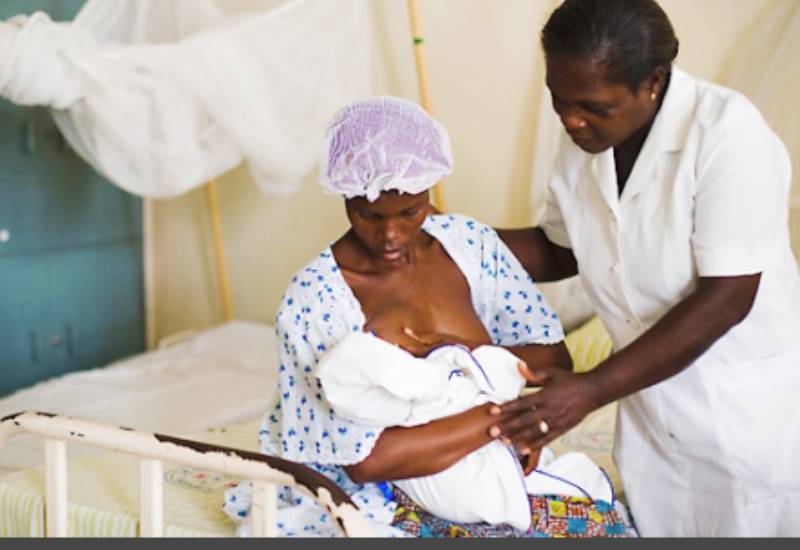Breast cancer is a global health concern that affects millions of women worldwide. While it is widely known that women are primarily at risk of developing breast cancer, recent research has shed light on the potential role that men may play in the development of this disease. In particular, the act of sucking the breast during intimacy has been a topic of interest when considering breast cancer development.
One of the questions that often arises is whether sucking of the breast during intimacy contributes in any ways to breast cancer development. While it is important to note that research in this area is limited and inconclusive, there have been some interesting findings. Studies have suggested that the act of sucking the breast may have a minor impact on breast cancer development. However, it is crucial to understand that breast cancer is a complex disease with multiple risk factors, and the act of sucking the breast alone is unlikely to be a significant contributor. It is important for individuals to remember that breast cancer development is influenced by a combination of genetic factors, hormonal imbalances, lifestyle choices, and environmental factors.
Another common question is how many times men should touch a woman ‘s breast. It is important to note that breast touching alone does not contribute to breast cancer development. The frequency of breast touching during intimacy is a personal preference and varies between individuals. It is essential for partners to communicate and respect each other ‘s boundaries and comfort levels. It is important to prioritize consent and ensure that both partners are comfortable and mutually consenting to any forms of intimacy.
Breast cancer is a serious disease that affects both men and women. It is crucial to be aware of the signs and symptoms of breast cancer in order to detect it early and seek timely medical attention. Some common signs and symptoms of breast cancer include:
1. A lump or thickening in the breast or underarm area
2. Changes in the size or shape of the breast
3. Nipple changes such as nipple discharge, inversion, or scaling
4. Skin changes on the breast, such as redness, dimpling, or puckering
5. Persistent breast pain or discomfort
Regular breast cancer checks are essential for women to detect any potential signs of breast cancer early on. It is recommended that women perform self-examinations on a monthly basis. Self-examinations involve visually inspecting the breasts and feeling for any lumps or abnormalities. In addition to self-exams, women should also schedule regular clinical breast exams with their healthcare provider. These exams are typically conducted by a doctor or nurse and involve a thorough examination of the breasts to check for any abnormalities.
During these exams , healthcare providers may also teach women how to perform self-examinations correctly and provide guidance on what to look for. Between Pleasure and Danger: Examining Men’s Role in Breast Cancer Development in Women Breast cancer is a serious health issue that affects both men and women. While breast cancer is more common in women, men can also develop the disease due to the presence of breast tissue in their bodies. In recent years, there has been a growing interest in understanding the role that men may play in the development of breast cancer in women. One particular aspect that has been explored is the sucking of the breast during intimacy and whether it contributes to the development of breast cancer.
The question of whether sucking of the breast during intimacy contributes to the development of breast cancer is a topic that has garnered much attention and debate. While some studies suggest that there may be a potential link between breast sucking and breast cancer development, it is important to note that more research is needed to establish a definitive conclusion. At this time, there is no concrete evidence to support the claim that sucking of the breast during intimacy directly contributes to the development of breast cancer in women.
Another common question that arises in this context is how many times should men touch the breast? It is important to note that breast stimulation, whether during intimacy or otherwise, does not have a direct correlation with breast cancer development. Breast stimulation is a personal preference and varies from individual to individual. It is important to understand that breast cancer is a complex disease and its development is influenced by a variety of factors, such including genetics, hormonal factors, and lifestyle choices. Touching the breast does not increase the risk of breast cancer in women and there is no specific number of times that men should touch the breast in order to prevent or detect breast cancer.
Ashantibiz




